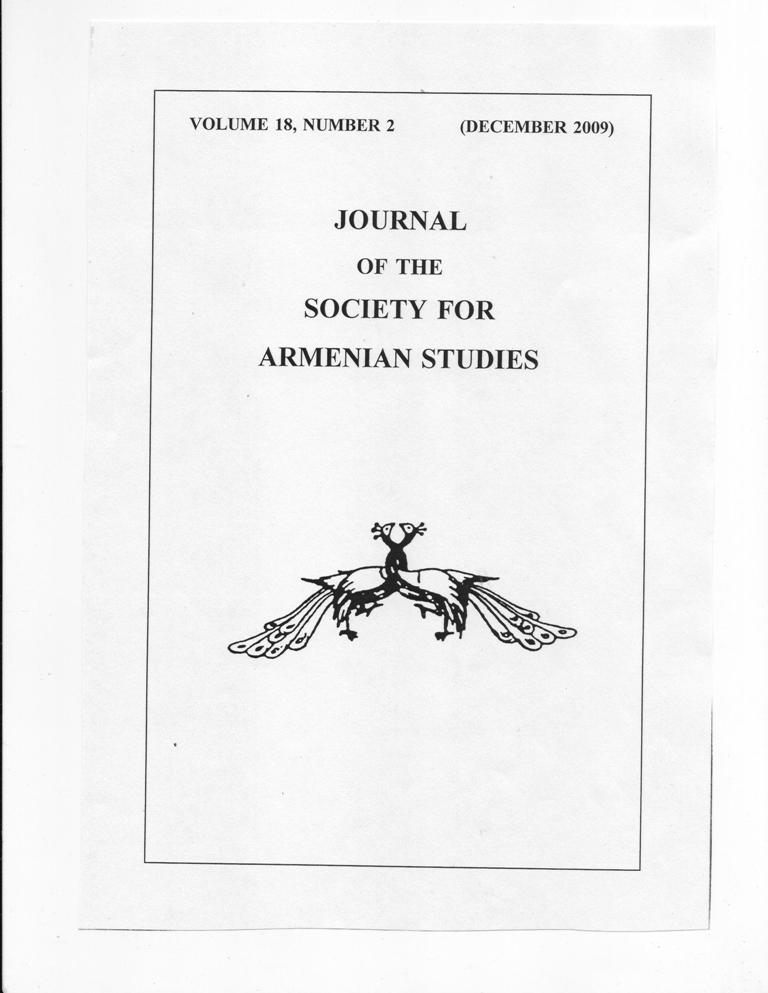
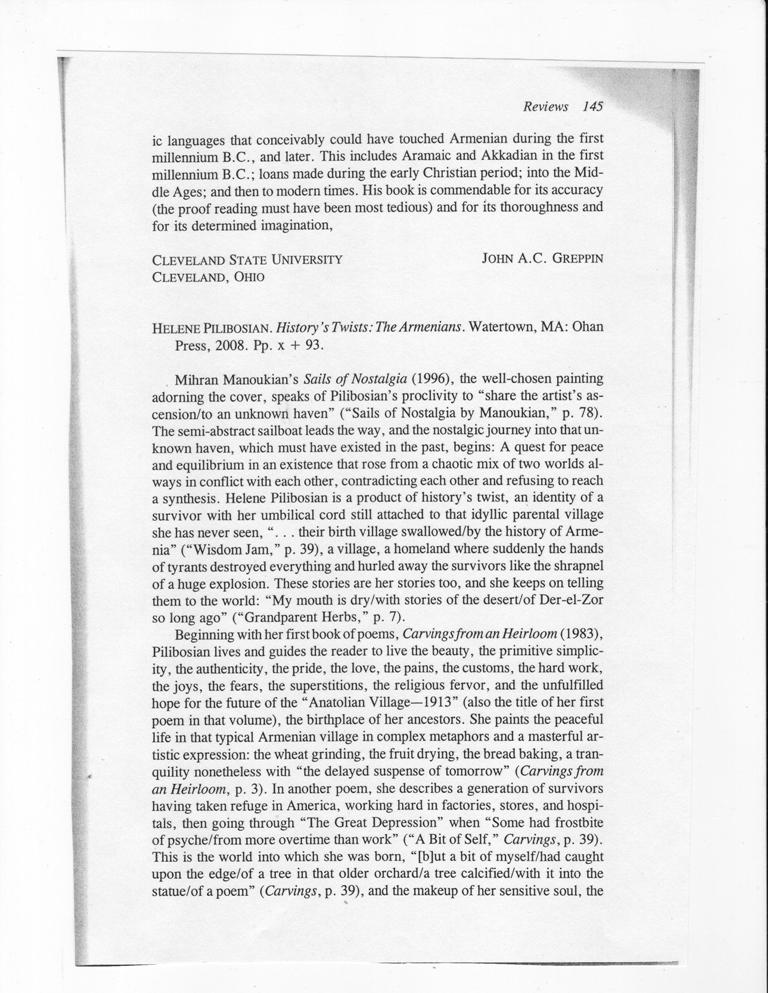
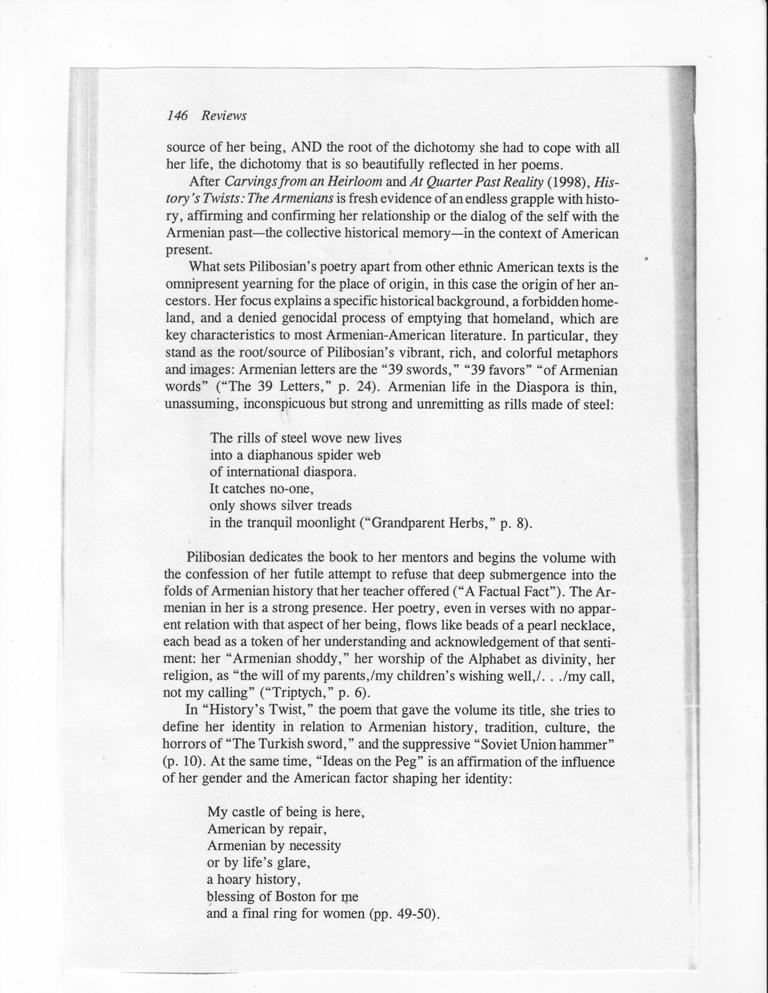
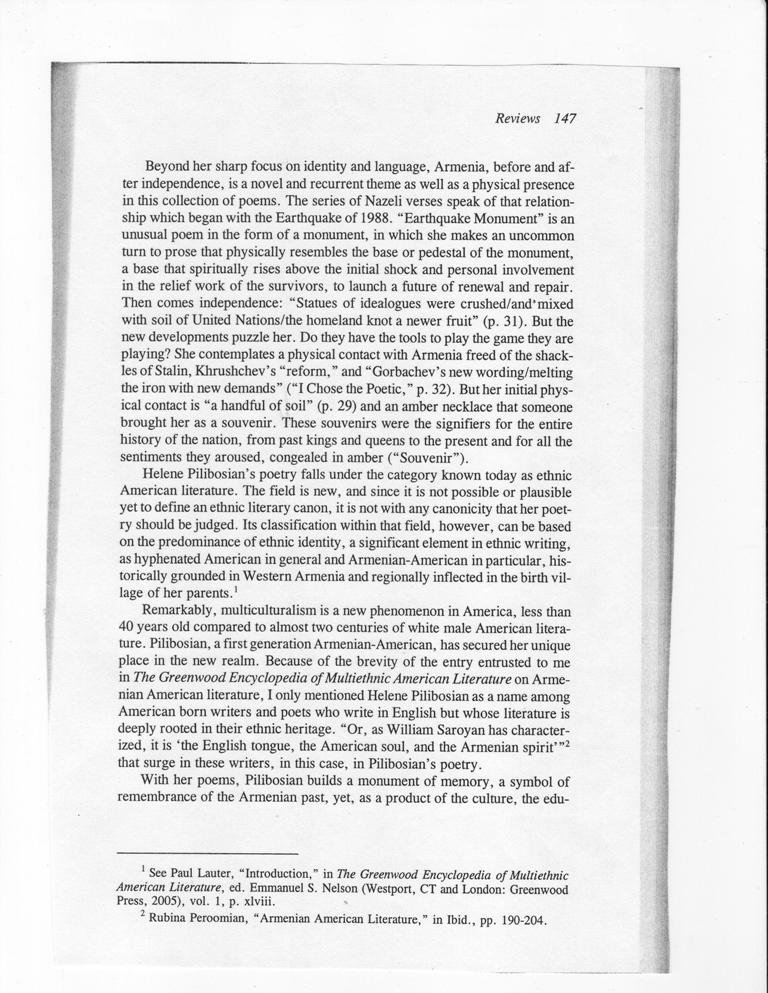
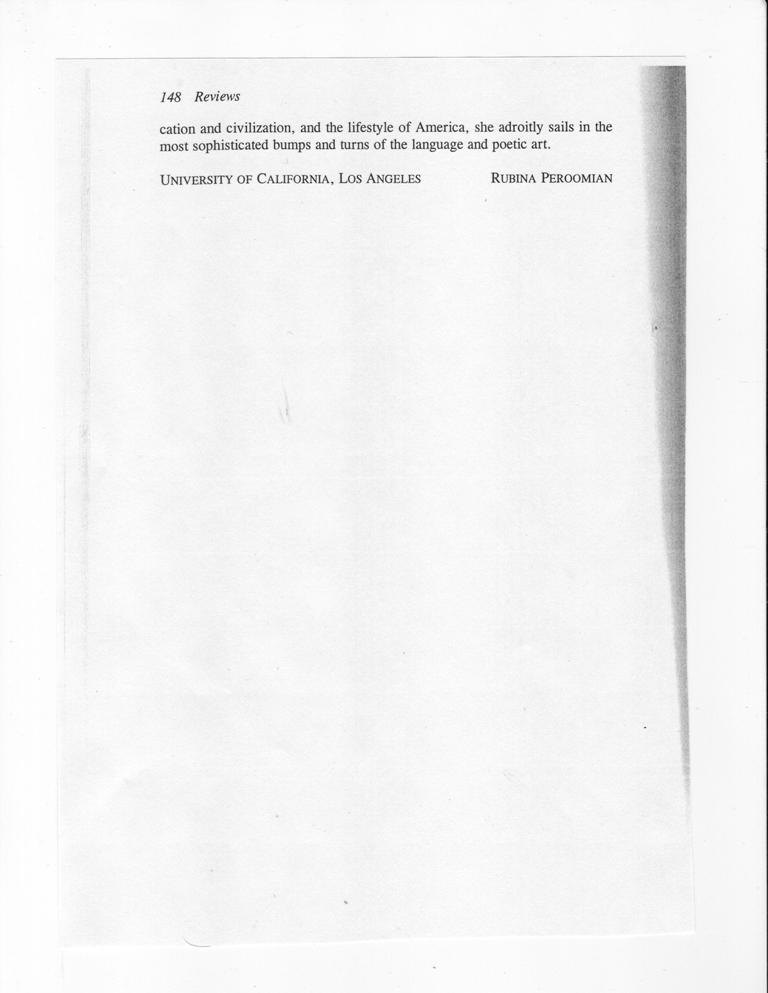
Comments by Writer’s Digest Poetry Judge –
“What did you like best about this book?
Ah, so many lines: “the fuchsia of use” “did I miss something or did it miss me?” etc. The book is handsome and was obviously the product of great care and attention. The material make-up is professional and attractive. This a a good use of the best reasons to self-publish—in that it gives a writer jurisdiction over a book’s quality and particular artistic goals. I enjoyed the poetry and enjoyed holding a book in which the poems were so well-illuminated and contained. There were moments of strong imagery and detail and those were always a delight to encounter. The content read as a thoughtful and carefully rendered project, written by one who knew the material well and cared immensely about it.
“I like to say something about political poetry and how its function and form are one and the same but this book has used language effectively in both senses: (beauty, message or historical reference) and so I have little to say but that Ms. Pilibosian’s book is a pleasure to both mind and soul and I enjoyed it thoroughly.”
An Armenian Athena at the Loom
By Grady Harp
Helene Pilibosian is a unique, fine poet, a woman overflowing with her Armenian heritage which she celebrates throughout this book of poems, weaving the ancient history, the not so distant history of the early 1900s and the current reflections of the many transplanted Armenians who have settled in many countries after the Diaspora that followed the 1915 horror on her colorful and richly detailed loom. She has a profound respect and understanding of the place of Armenia in world history and for those readers whose knowledge of that country's changing geography and relationship to the great kingdoms and conquerors, Pilibosian has a technique that allows entry into this under-appreciated past.
But what makes Pilibosian's poetry most interesting and seductive is her interlacing the immigrant experience with the voices of 'those who stayed behind'. Some of these poems, written in a narrative style with a refreshing respect for language as it describes and plays with itself in rhyme, address contemporary issues peculiar to Armenians while others step into the universal arena, a space enlightened by a mind whose focus and devotion has been honed by a respect for roots.
We are never quite sure how many of Helene Pilibosian's characters are real and how many are convenient creations for poetic dialogue. She can be very first person personal: 'I spilled my American hopes/of many afternoons/on the pavements that wore my life./An Armenian daughter doesn't forget/the name that gets her born,/ the long curls that were shorn.' She can be a resource for history: 'Oral history is a vagrant goat...Orphans were necessary for survival./ America and Europe were the pills....Remembrance is the epitaph/for ghosts of humble glory.'
She pays homage to some of the great Armenian artists as in 'Letter to Khachaturian on his 100th Birthday, 2003, to painter Arshile Gorky, Mihran Manoukian, Aivazovsky and others. But for this reader she is most effective in her longer, rapturously beautiful poem 'Letter to Nazeli', an exchange of thoughts and feelings between one who stayed in the homeland and one whose physical presence is in a foreign Gilead.
Doubtless with the publication of this book Helene Pilibosian's importance as a contemporary poet will be more widely recognized. She deserves her special place in the pantheon of humanistic artists.
(Grady Harp is a retired surgeon, poet, art buff and prized reviewer for amazon.com where this review was originally posted.)
Helene Pilibosian has delved into the ancient and recent Armenian past to filter out these poems like luminous shared songs from the mire of history. The Nazeli poems are especially exciting and appropriate narratives in blending thought of Armenia with thought of America.
—David Kherdian
This is a strong manuscript.
—The University of Wisconsin Press
I am struck by these poems both for their artistry and for the wisdom of what they have to say. The stories they contain are resonant with mystery and ancestral voices. They move me as only poetry can: for their beauty, their humanity, their humility and their many illuminations.
—Harold Bond